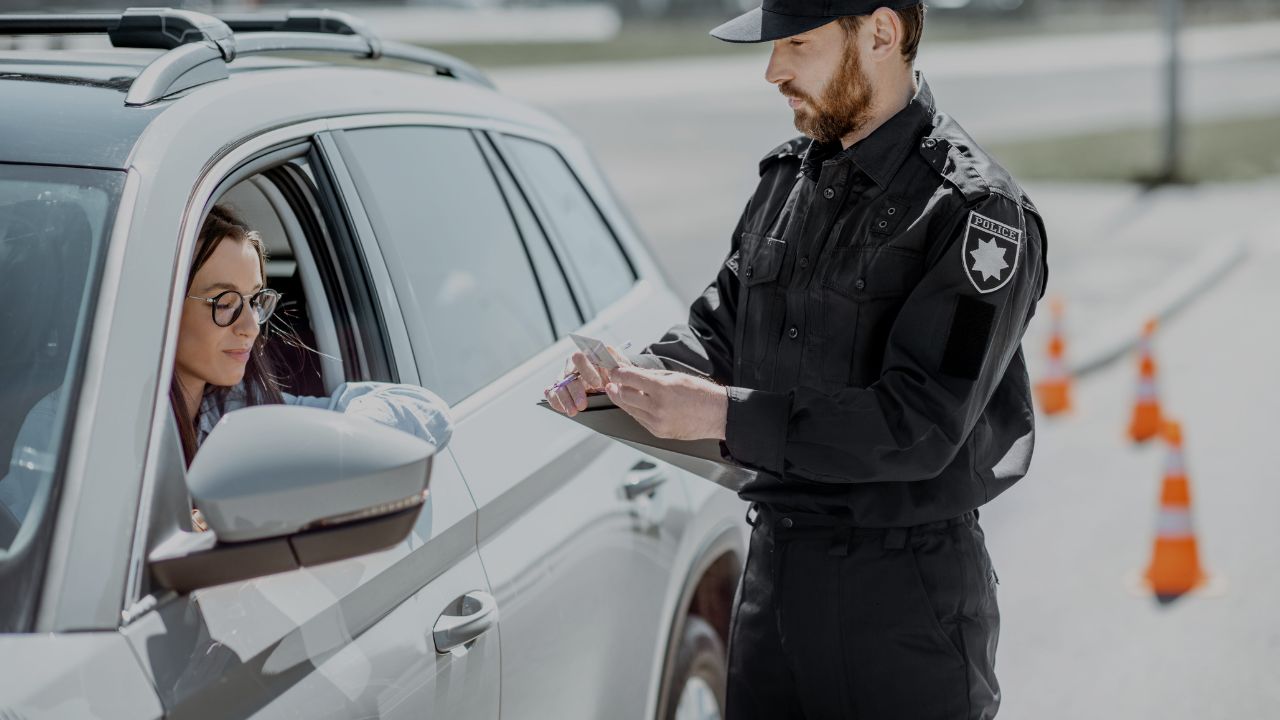Minneapolis, MN – In Minnesota, police generally cannot search your phone during a traffic stop without your consent or a valid search warrant, except in rare and narrowly defined emergency situations.
As technology evolves, so has the law, with courts providing strong protections for digital privacy, according to a legal breakdown similar to guidance in Riley v. California and state constitutional rules.
Your Constitutional Rights
Both the Fourth Amendment to the U.S. Constitution and the Minnesota Constitution protect against unreasonable searches and seizures. In the landmark 2014 U.S. Supreme Court decision Riley v. California, the Court ruled that police must obtain a warrant to search the digital content of a cell phone, even when the phone is seized during an arrest.
This ruling applies in Minnesota, meaning that during a traffic stop—whether for speeding, a broken taillight, or another minor violation—officers cannot scroll through your text messages, photos, or apps without proper legal authority.
When Can Police Search Without a Warrant?
The only exceptions to the warrant rule involve exigent circumstances, such as:
- An imminent threat to public safety
- The immediate risk of evidence being destroyed
These situations are rare during routine traffic stops and are interpreted very narrowly by courts.
Consent and Your Right to Refuse
If an officer asks to search your phone, you have the right to politely refuse. Consent must be given voluntarily and without coercion. It’s best to clearly state:
“I do not consent to a search of my phone.”
Refusing consent does not provide probable cause for a search.
If officers believe your phone contains evidence of a serious crime, they may seize the device and apply for a search warrant from a judge, but they cannot access the contents until the warrant is approved—unless a valid emergency exception applies.
Read Also: Can Indiana Police Search Your Phone During a Traffic Stop? Know Your Rights
Distracted Driving Laws in Minnesota
Minnesota has strict hands-free laws prohibiting the use of handheld devices while driving. However, enforcement is based on direct observation—not searching your phone’s contents.
If you are pulled over for distracted driving, police may issue a citation if they observe the violation. They cannot compel you to unlock your phone to prove their case without your consent or a warrant.
What Happens if Police Violate This Rule?
Any evidence obtained from an illegal phone search—one conducted without a warrant, your consent, or a valid exception—is generally inadmissible in Minnesota courts under the exclusionary rule.
If you believe your rights were violated, you should contact a criminal defense attorney to explore legal remedies, including filing a motion to suppress evidence.
Key Takeaways for Minnesota Drivers
- Police must have your consent or a warrant to search your phone during a traffic stop.
- Emergency exceptions are extremely rare and require clear justification.
- You have the right to refuse a search request.
- Distracted driving enforcement does not give police authority to access your phone’s contents.
- Evidence from unlawful searches is generally thrown out in court.
Do you think Minnesota’s phone privacy laws during traffic stops are strong enough? Share your thoughts at [yourwebsite.com] and join the conversation.







